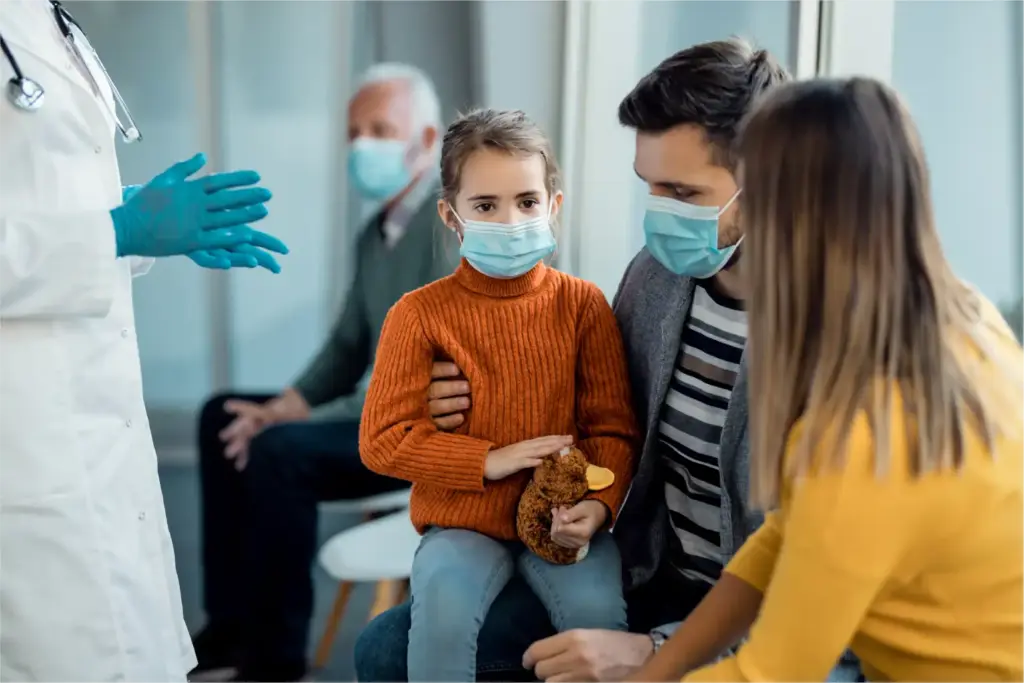
Long-COVID risk: Children who contract COVID-19 twice are about two times as likely to develop long COVID as those infected once, according to a multicentre analysis published in The Lancet Infectious Diseases. The study, co-authored by Dr Ravi Jhaveri, head of Pediatric Infectious Diseases at Lurie Children’s Hospital, examined electronic health records from more than 465,000 children to compare long-COVID diagnoses and symptom clusters after first versus second infections.
Researchers reported that repeat infection amplified specific complications: the risk of myocarditis was roughly threefold higher after a second infection, and blood clots were more than twice as likely compared with a first infection. Previously, Jhaveri’s group estimated about 4% of infected children develop long COVID, defined by the CDC as symptoms lasting at least three months, which can include brain fog, concentration difficulties, fatigue, rapid heart rate, irritability, behavioural changes and asthma exacerbations.
Also Read | Florida moves to scrap all vaccine mandates, first US state to do so
“There are a lot of children and families that suffer from the various conditions that comprise long COVID,” Jhaveri said, noting that while newer variants often cause milder acute illness, repeat infections “can still drive whatever processes lead to long COVID symptoms.”
The findings arrive amid diverging guidance on paediatric vaccination. A federal advisory panel recently declined to issue a blanket recommendation on COVID-19 shots, following a May announcement by Health and Human Services Secretary Robert F. Kennedy Jr. that vaccines would no longer be recommended for healthy children.
Illinois last week issued its own recommendations, advising vaccination this respiratory-virus season for ages 6–23 months, and for ages 2–17 in higher-risk groups or at parental request, guidance aligned with the American Academy of Pediatrics. Major health insurers have said they will continue covering the vaccines this season.
The study is part of a NIH-funded initiative spanning 40 US children’s hospitals to track long-term COVID outcomes. While federal agencies have moved to curtail some COVID-related programs, a court has temporarily blocked certain funding cuts in states that sued, and the long-COVID paediatric initiative remains supported, Jhaveri said.








